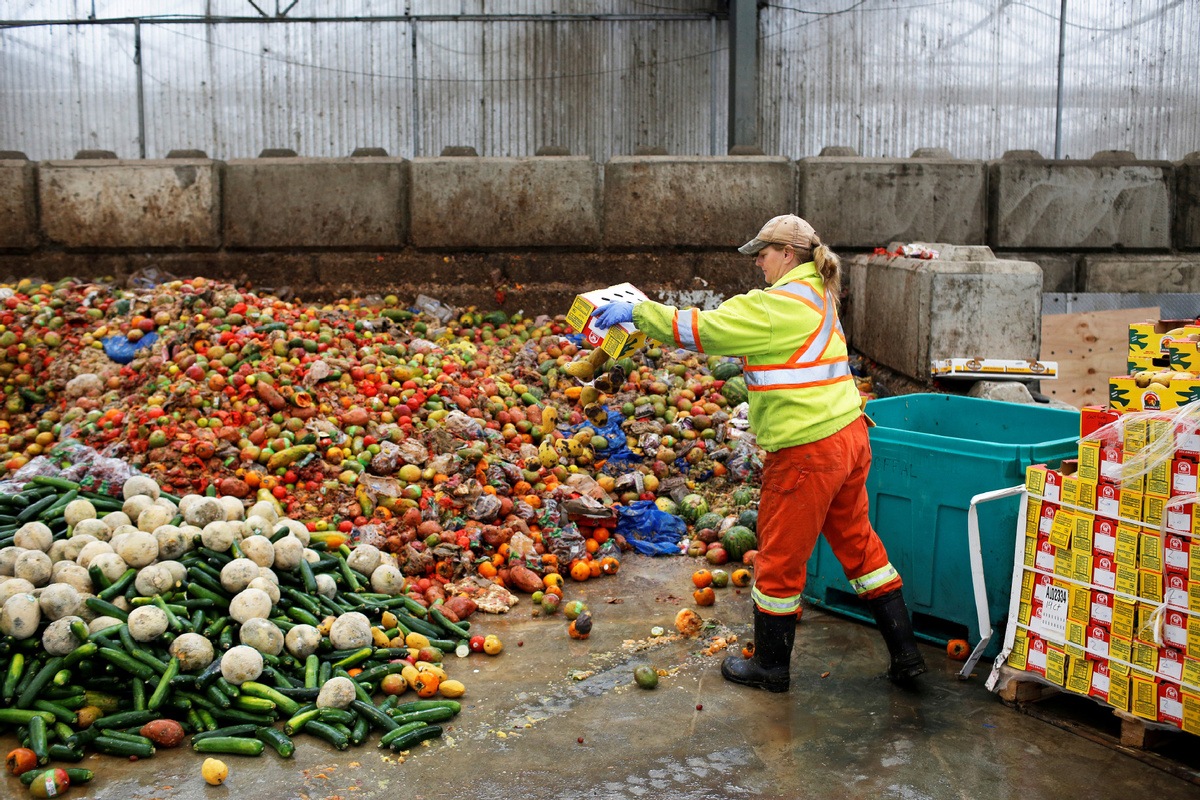RIO DE JANEIRO, BRAZIL – Food waste takes on new meaning in the pandemic. Milk dumped in Wisconsin. Crushed eggs in Nigeria. Rotten grapes in India. Pigs buried in Minnesota.

The disturbing images have sparked worldwide outrage. Yet there is a surprising fact: waste may not be higher than usual, as 30 percent of global food production ends up in landfills.
The difference now is that rather than being discarded by consumers as kitchen waste, an unprecedented amount of food is wasted before it even reaches supermarkets.
Blame the chaos on supply chains. Globally, production is processed through so-called just-in-time methods.
Farm production is shipped to stores or restaurants in just a few days, and the next load of farm produce and livestock may be in the intended location immediately.
When these chains face challenges – such as trucks, ports, labor shortages, restaurant shutdowns, and slow trade – there is a huge supply stock that never reaches supermarkets.
This is likely to have devastating consequences for food security. Prices could rise further, as millions are experiencing financial hardship because of the impact of Covid-19.
“People who can barely feed themselves now will face even greater difficulties,” said Marc Bellemare, co-editor of the American Journal of Agricultural Economics. “What concerns me is human welfare.”
Before the pandemic, approximately US$1 trillion (R$6 trillion) in food production was lost or wasted.
Most of this came from household waste: about 40 percent in the US. Now, as people are planning to go to supermarkets less and are more concerned about prices, kitchen waste should drop, offsetting other losses.
Some analysts say total waste may still be “potentially” higher this year, but none of them is confident that the estimate will materialize.
Consumers have been choosing items with longer shelf life, preparing shopping lists to reduce the amount of time they spend at the supermarket, and becoming more aware of culinary practices.
Data from the United Kingdom shows that nearly half of respondents said they are dumping less food, according to a survey commissioned by the environmental group Hubbub.
Source: Bloomberg

